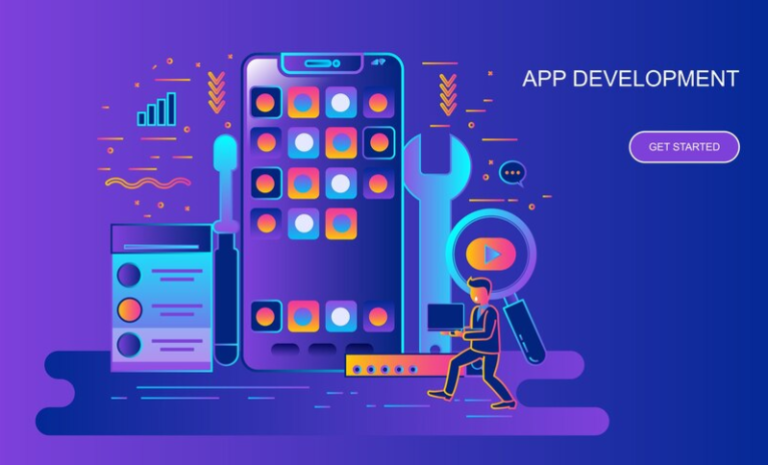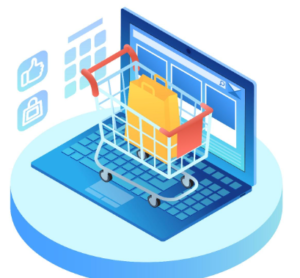Emails are an integral part of personal and professional communication. However, crafting personalized, compelling, and error-free emails can be a time-consuming task. AI email generation is revolutionizing this process by automating email creation, optimizing content, and personalizing communication at scale. With advancements in artificial intelligence (AI) and natural language processing (NLP), AI-driven email generation tools are enhancing productivity and transforming the way businesses and individuals communicate.
What is AI Email Generation?
AI email generation refers to the use of artificial intelligence technologies to create, optimize, and personalize email content. These tools analyze user inputs, contextual data, and predefined goals to produce emails that align with specific purposes, such as marketing campaigns, customer service responses, or internal communications.
Unlike traditional templates, AI email generation tools can craft unique, context-aware emails in real-time, improving efficiency and effectiveness.
How AI Email Generation Works
The process of AI email generation involves several key steps powered by sophisticated algorithms:
- Data Analysis:
AI tools analyze user-provided information, such as the email recipient, subject matter, tone, and intent. For example, a marketing email may require a persuasive tone, while a customer service email may need a formal and empathetic approach. - Natural Language Processing (NLP):
NLP enables AI tools to understand the nuances of language, ensuring that the generated content is coherent, grammatically correct, and contextually appropriate. - Content Generation:
Using machine learning models, the tool drafts the email. Advanced systems like OpenAI’s GPT can create highly personalized and professional emails tailored to specific use cases. - Personalization:
AI tools integrate data about the recipient, such as their name, preferences, past interactions, or demographic information, to craft personalized messages that resonate with the individual. - Optimization:
AI tools analyze subject lines, content structure, and call-to-action (CTA) effectiveness, suggesting improvements to maximize engagement and outcomes.
Applications of AI Email Generation
AI email generation is versatile and applies to a wide range of scenarios across industries:
1. Marketing Campaigns
AI generates persuasive emails for marketing campaigns, customizing content based on recipient behavior, preferences, and engagement history. Dynamic email personalization can significantly improve open rates and conversion rates.
2. Customer Support
Automating responses to common customer queries, such as refund requests or account assistance, saves time and ensures quick resolution. AI-generated emails maintain professionalism while addressing customer concerns.
3. Sales Outreach
Sales teams use AI tools to craft compelling cold emails and follow-ups, tailored to the recipient’s industry, role, or company, increasing the chances of engagement.
4. Internal Communication
AI assists in drafting clear and concise internal emails, such as team updates, meeting summaries, or policy changes, ensuring effective communication across departments.
5. Recruitment and HR
Human resources teams leverage AI to send personalized recruitment emails, respond to candidate inquiries, and share updates on application statuses.
Benefits of AI Email Generation
The adoption of AI email generation offers numerous advantages:
1. Time Efficiency
AI dramatically reduces the time spent drafting emails, enabling individuals and teams to focus on more strategic tasks.
2. Consistency and Accuracy
AI ensures that emails are grammatically correct, well-structured, and free from typos, maintaining professionalism and clarity.
3. Personalization at Scale
AI tools can personalize thousands of emails simultaneously, tailoring content to each recipient without manual effort.
4. Enhanced Engagement
Optimized subject lines, personalized greetings, and persuasive CTAs improve email engagement metrics, such as open rates and click-through rates.
5. Cost Savings
By automating repetitive email tasks, businesses can save on resources and reduce dependency on manual intervention.
6. Language Localization
AI can generate emails in multiple languages, catering to a global audience with localized and culturally sensitive content.
Challenges of AI Email Generation
Despite its benefits, AI email generation faces several challenges:
1. Contextual Understanding
AI tools may struggle with highly specific or nuanced contexts, leading to inappropriate or irrelevant content.
2. Over-Automation
Excessive automation can result in emails that feel impersonal or robotic, potentially alienating recipients.
3. Data Privacy Concerns
AI relies on user data for personalization, raising concerns about data security and compliance with privacy regulations, such as GDPR and CCPA.
4. Dependence on Quality Inputs
The quality of AI-generated emails heavily depends on the input provided. Poorly defined objectives or vague instructions can lead to suboptimal results.
5. Ethical Considerations
Using AI for email generation must balance automation with authenticity, ensuring that communications remain honest and transparent.
Best Practices for Using AI Email Generation
To maximize the benefits of AI email generation, businesses and individuals should follow these best practices:
1. Define Clear Objectives
Clearly outline the purpose and desired outcomes of the email to guide the AI tool in crafting relevant content.
2. Prioritize Personalization
Leverage recipient-specific data to create emails that feel tailored and relevant. Avoid generic content that lacks personal touches.
3. Review and Edit
Always review AI-generated emails for tone, accuracy, and appropriateness before sending, especially for sensitive or high-stakes communications.
4. Optimize for Mobile
Ensure that AI-generated emails are responsive and display well on mobile devices, as many recipients read emails on their smartphones.
5. Integrate Feedback Loops
Use analytics to monitor the performance of AI-generated emails. Continuously refine input and strategies based on engagement metrics.
6. Balance Automation with Human Oversight
For complex scenarios, combine AI-generated drafts with human expertise to achieve the best results.
Future Trends in AI Email Generation
As AI technology advances, the future of email generation promises exciting possibilities:
1. Real-Time Personalization
AI will increasingly use real-time data, such as user behavior on websites or social media, to craft emails that are hyper-relevant and timely.
2. Sentiment Analysis
AI tools will incorporate sentiment analysis to adjust tone and language based on the recipient’s mood or preferences, fostering deeper connections.
3. Visual Content Integration
Future AI tools may generate not just text but also accompanying visuals, such as infographics, images, or videos, to enhance email engagement.
4. Predictive Analytics
AI will predict the best times to send emails, optimal subject lines, and even suggest follow-up actions based on recipient behavior patterns.
5. Voice and Video Emails
As communication channels evolve, AI may enable the creation of voice or video emails, adding a personal touch to digital correspondence.
6. AI-Generated A/B Testing
AI will automate the creation and testing of multiple email variations, optimizing campaigns for maximum impact without human intervention.
AI email generation is a game-changing technology that enhances efficiency, personalization, and engagement in digital communication. By automating repetitive tasks, optimizing content, and tailoring messages to recipients, AI-powered tools are empowering businesses and individuals to communicate more effectively.
While challenges like contextual understanding and data privacy require careful management, the benefits of AI email generation far outweigh the drawbacks. As AI technology continues to evolve, the capabilities of these tools will only grow, enabling smarter, more dynamic, and more impactful email communication.
For businesses aiming to stay ahead in a competitive digital landscape, adopting AI email generation is no longer just an advantage—it’s an essential step toward innovation and efficiency. Whether for marketing, customer support, or internal communications, AI email generation is shaping the future of how we connect and collaborate.




